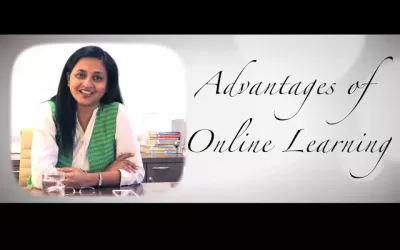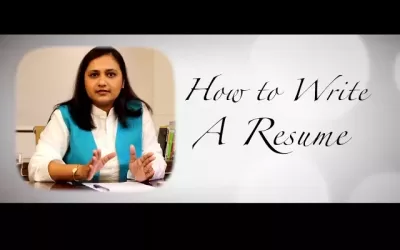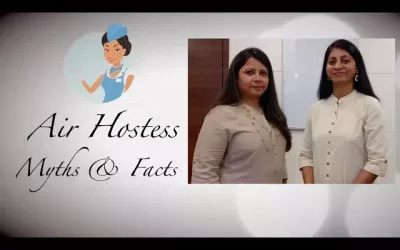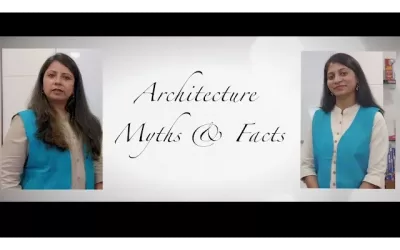Ms. Mugdha and Ms. Nidhi discuss myths and facts related to psychology. Psychology is the study of human behavior and the mind.
Psychology Myths Busted
The first myth is that psychologists can read minds.
Psychologists do not read the mind; they understand personality and emotions. A psychologist uses psychometric tests and counselling sessions to help clients.
 The second myth is that psychologists are doctors.
The second myth is that psychologists are doctors.
Psychologists are not doctors; they do not prescribe medicines. They use tools like psychometric assessments, counselling sessions, and various therapies to solve the client’s issues.
The third myth is that they can become therapists after completing a bachelor’s degree in this subject. To become a therapist, one may need relevant qualifications and certification. They also need to gain practical experience by doing specific internships.
The fourth myth is that being a psychologist means working in asylums only.
Studying in this field gives you a broad range of skills that span both science and the arts and opens up opportunities in various fields like school, college, corporate, and many other avenues. One needs to take science if one wants to pursue the subject.
Psychology in India
This subject is offered in arts and science streams in India, depending on the universities. Some universities offer B.Sc., M.Sc., and B.A., or M.A. in psychology, depending on where and which universities you are studying at. The field has a promising career scope, provided human behaviour intrigues you.
Frequently Asked Questions About Psychology Myths and Facts
1. Myth: People only use 10% of their brains.
Fact: This is a popular myth. Almost all parts of the brain are active and serve various functions.
2. Myth: Schizophrenia means having a “split personality.”
Fact: Schizophrenia is a complex mental disorder characterised by disorganised thinking, hallucinations, and delusions. It does not involve multiple personalities.
3. Myth: Memory works like a video recorder.
Fact: Memory is a reconstructive process, and memories can be influenced by emotions, biases, and other factors, leading to inaccuracies.
4. Myth: Opposites attract in relationships.
Fact: Similarities in values, interests, and goals often lead to more successful and lasting relationships than complete opposites.
5. Myth: A person who is suicidal will never talk about it.
Fact: Many individuals who are suicidal do express their feelings and intentions to friends, family, or professionals.
6. Myth: Hypnosis can make you do anything against your will.
Fact: Hypnosis is not mind control. People under hypnosis cannot be forced to do something against their values or morals.
7. Myth: Intelligence is fixed and cannot be changed.
Fact: Intelligence can be developed and improved through learning, experience, and deliberate practice.
8. Myth: Children with ADHD need more discipline.
Fact: ADHD is a neurodevelopmental disorder that requires a comprehensive approach involving therapy, education, and, in some cases, medication.
9. Myth: Dreams have universal meanings.
Fact: Dream interpretation is highly subjective and can vary greatly depending on personal experiences and cultural influences.
10. Myth: All stress is bad for you.
Fact: Some stress, known as “eustress,” can be positive and motivating, while chronic negative stress can harm health.
11. Myth: People with mental illnesses are always violent.
Fact: The vast majority of individuals with mental illnesses are not violent, and they are more likely to be victims of violence than perpetrators.
12. Myth: Personality is fixed and unchangeable.
Fact: While personality traits tend to be stable, they can evolve and change over time due to life experiences and personal growth.
13. Myth: Therapy is only for people with severe mental disorders.
Fact: Therapy can benefit anyone seeking personal growth, coping strategies, or improved well-being, not just those with severe disorders.
14. Myth: Only traumatic events can lead to post-traumatic stress disorder (PTSD).
Fact: PTSD can result from a range of distressing experiences, not just extreme traumas, and varies from person to person.
15. Myth: Lying on a couch is a standard therapy practice.
Fact: While some forms of therapy involve lying down, many therapeutic approaches involve face-to-face conversations in various settings.
Understanding and dispelling these myths can lead to a more accurate and nuanced view of psychology and mental health. It’s best to consult qualified professionals if you have questions or concerns.






